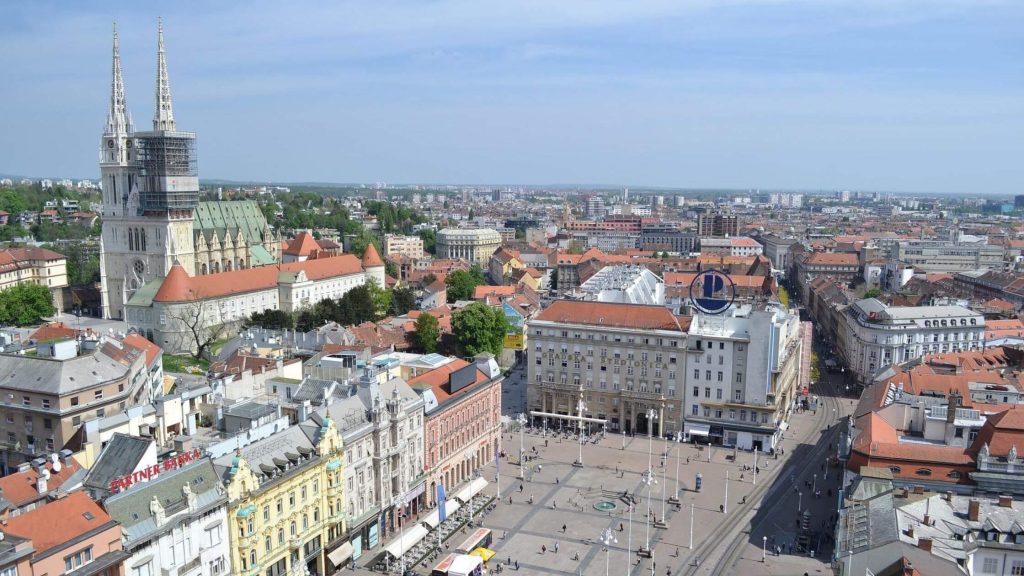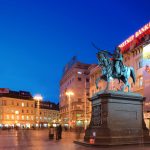Asked about his biggest success, he mentioned the new model of running the city in every aspect, from public procurement to hiring in dozens of city companies and over 300 institutions, saying that people are no longer appointed based on party affiliation but their qualifications.
Another success is the financial stabilisation of the city, Tomašević said, adding that the budget deficit is the lowest in the last five years at HRK 30 million, which he said was almost negligible considering that the budget was almost HRK 14 billion.
The mayor noted that the city now has 16 instead of 27 departments.
He also mentioned big changes in waste management, including the construction of a composting plant
As for failures, Tomašević said that although it was the legal responsibility of the state, he was very unhappy with the reconstruction of private buildings after the 2020 earthquake.
Asked which changes the people of Zagreb had felt over the past year, he said everything the new administration was doing was the basis for changes they would feel much more by the end of the term.
Speaking of future projects, Tomašević mentioned the procurement of 20 new trams and 65 buses, the construction of at least 12 kindergartens in the next two years, more bike paths and pedestrian zones.
He said the unused Paromlin industrial facility in the city centre would become a multifunctional social-cultural-educational centre financed mainly with EU funds.
Other unused properties such as Zagrepčanka, Gredelj, and Badel Block, which have been the city’s “dead capital” for decades, will be revitalised to build affordable housing as well as put to social and commercial use, he added.
The city’s housing fund policy is to build new flats for rent to socially vulnerable groups and young families at affordable prices, the mayor said. Our population policy is to invest in kindergartens so that they are affordable to everyone as well as affordable housing, he added.
Asked if the decision to abolish the state-at-home-parent scheme had been hasty, given that a court put it on hold, Tomašević said the scheme did not have a demographic effect and that, according to polls, most citizens considered it unjust.
Spending 15 times more on that scheme than on building kindergartens cannot be the city’s development policy, he added.
(€1 = HRK 7.5)
For more, check out our politics section.











